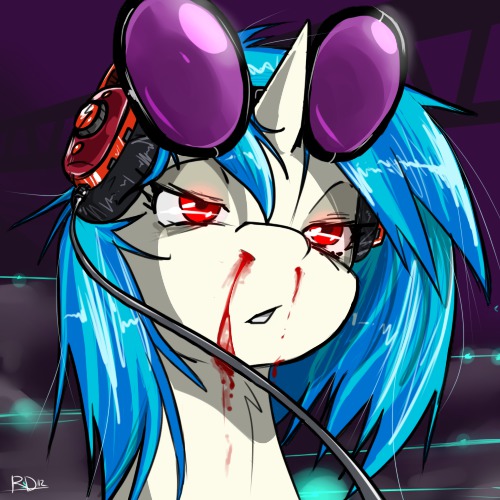rm -rf ${var}/is a disaster waiting to happen.Always do
rm -rf "${var:?}/"so that the script aborts if the variable is empty. Or better yetrm -rf "./${var:?}/".Edited to add quotes. Always quote a path: it might have spaces in it, without quotes that will become multiple paths! Which would also have avoided the particular bug in question.
In this case the issue was that a change between kde5 and kde6 let to the variable being defined as
somepath /(notice the space).And that’s why you also surround it with double quotes.
Is there not also a way to disallow empty variables in the script, I think it is
set -u? Then you don’t have to keep thinking “should I add a:?here because if empty it may lead to disaster” all the time. Might be even safer.set -euo pipefailat the top of every script makes stuff a lot safer. Explanation here.
Reminds me of old bumblebee install script:
An extra space at line 351: rm -rf /usr /lib/nvidia-current/xorg/xorgThat reminds me…
In circa 1995 I was running a dial upBBS service – as a teenager. So if course, it was full of bootlegged video games and such, and people would dial in, download a game, log off.
Someone uploaded Descent or something like that. But they had put "deltree /y C:" or similar into a batch file, used a BAT2COM converter program, then a COM2EXE program, then padded the file size to approximately the right size with random crap (probably just using APPEND)… And uploaded it. Well, fortunately for the rest of my users, I say the game and said: oh, that’s neat, I should try it and copied it to another computer over my internal network and launched it. It started deleting files right away and I hit CTRL-C to abort. I lost only a few dozen files.
Banned the user, deleted the package. Got lucky.





